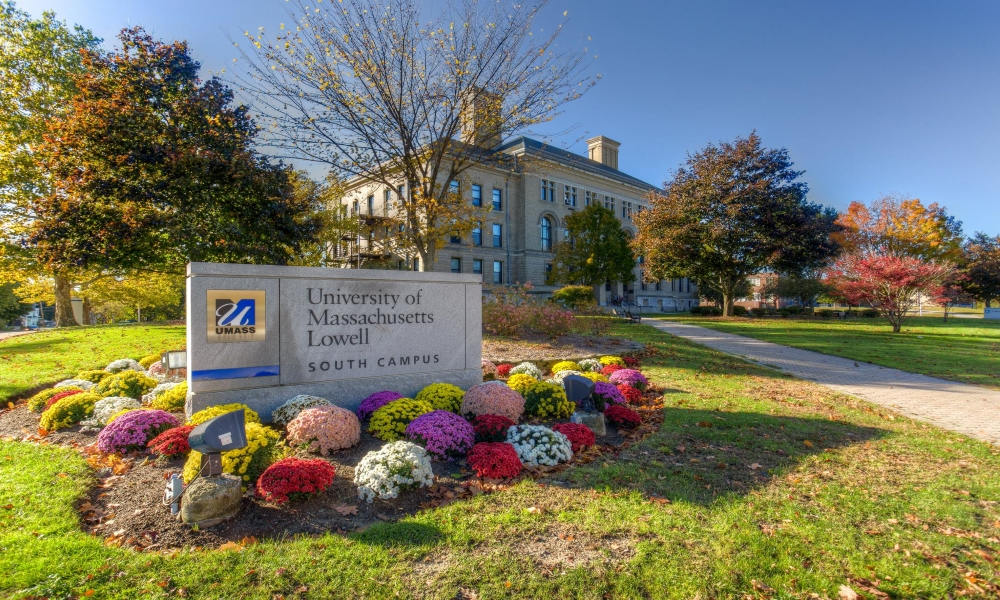The University of Massachusetts Lowell (UMass Lowell) stands as one of the most dynamic and rapidly advancing institutions in the United States. As a national research university, it delivers a high-quality education with an emphasis on affordability, innovation, and career readiness. Below, we explore whether UMass Lowell is a good school, its admissions difficulty, acceptance rate, and what makes it particularly famous in the academic and professional world.
Is the University of Massachusetts Lowell a Good School?
Yes, UMass Lowell is widely recognized as a good school, both academically and professionally. It is one of the fastest-growing public research universities in the country, offering more than 120 undergraduate majors and nearly 50 graduate programs across a variety of disciplines.
Academic Recognition:
- Ranked among the top 200 national universities by U.S. News & World Report
- Designated as a Carnegie R2 research university (high research activity)
- Strong accreditation credentials, including ABET, AACSB, and CCNE
Key Strengths:
- STEM Fields: Particularly known for engineering, computer science, and cybersecurity
- Business and Health Sciences: Accredited programs that provide direct industry pipelines
- Environmental and Sustainability Studies: Recognized for its focus on green technology and sustainability initiatives
Outcomes and Return on Investment:
UMass Lowell consistently ranks high in return on investment (ROI) for graduates. The university emphasizes co-op programs, internships, and career placement services that lead directly into employment in thriving industries, especially throughout New England.
Is UMass Lowell Hard to Get Into?
UMass Lowell maintains a moderately selective admissions process, balancing academic rigor with accessibility. It attracts a wide range of students, including those looking to major in technical fields and those seeking strong liberal arts and business foundations.
Academic Profile of Admitted Students:
- Average High School GPA: 3.6
- Average SAT Score: 1220
- Average ACT Score: 25
Admissions Factors:
UMass Lowell evaluates applicants using a holistic admissions approach, considering:
- GPA and class rank
- SAT/ACT scores (optional in many cases)
- Letters of recommendation
- Personal statement
- Involvement in extracurricular activities and leadership roles
Students aiming for competitive programs, especially in engineering, business, and health sciences, are encouraged to present a stronger academic profile, typically with a GPA above 3.5 and competitive test scores.
What Is the Acceptance Rate for Lowell?
As of the latest admissions cycle, the University of Massachusetts Lowell acceptance rate is approximately 77%.
What This Means:
- The university is moderately selective—accessible to many students who meet standard admission criteria but still maintains academic standards that ensure student success.
- Acceptance rates may vary by program. For instance:
- Engineering and Computer Science programs may be more competitive
- Honors College and certain graduate programs maintain more rigorous entry requirements
Graduate Admissions:
Graduate programs, including the Manning School of Business and Francis College of Engineering, require:
- Bachelor’s degree from an accredited institution
- GPA of at least 3.0
- GRE/GMAT scores (varies by department)
- Letters of recommendation, resume, and personal statement
What Is UMass Lowell Famous For?
UMass Lowell has earned national and international recognition in several academic, research, and community-driven areas.
1. Engineering and Technology:
- Home to the prestigious Francis College of Engineering, one of the most respected in the region
- Specializes in electrical, mechanical, civil, and chemical engineering
- Cutting-edge labs and research centers in robotics, nanotechnology, and materials science
2. Cybersecurity and Computer Science:
- Nationally designated as a Center of Academic Excellence in Cyber Defense Education by the NSA and DHS
- Offers advanced degrees and certifications in cybersecurity, information systems, and data analytics
3. Business Innovation and Analytics:
- Manning School of Business is AACSB-accredited
- Strong emphasis on entrepreneurship, finance, and data-driven business decision-making
- Partnerships with Boston-area startups and corporations
4. Public Health and Nursing:
- Recognized for excellence in nursing, public health, and biomedical sciences
- Partnerships with hospitals and research institutions across Massachusetts
5. Sustainability and Environmental Research:
- Active in climate change, energy efficiency, and green technology research
- Operates the Office of Sustainability, integrating eco-friendly practices campus-wide
6. Workforce and Career Integration:
- Strong emphasis on real-world experience through co-ops, internships, and research assistantships
- Over 90% of graduates find employment or enter graduate school within 6 months of graduation


